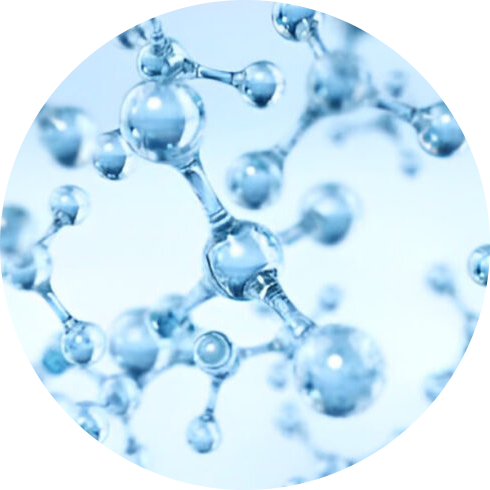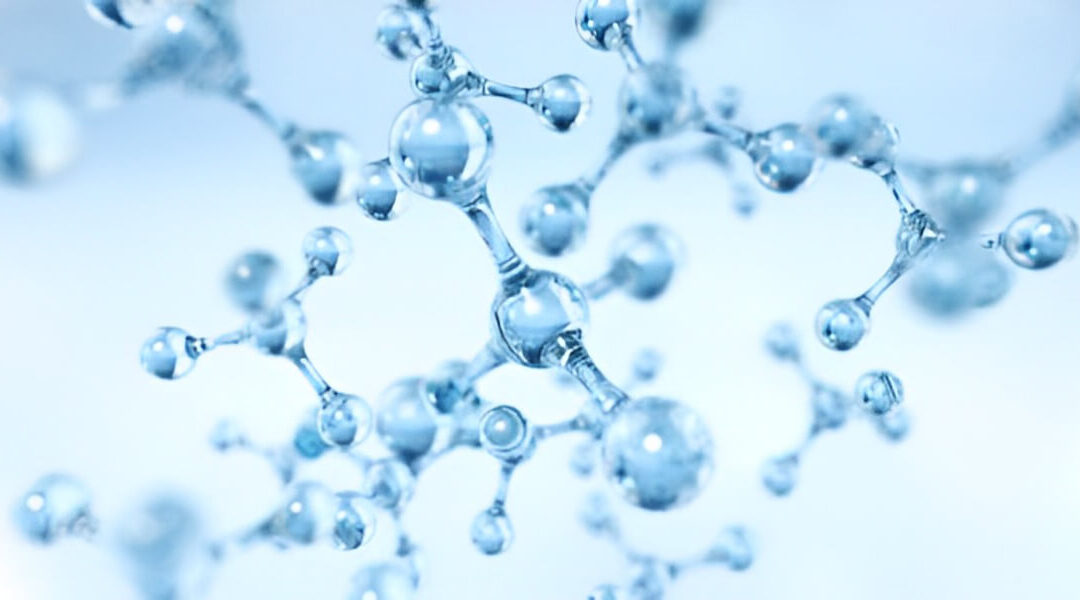The Power of Glutathione in Autism Spectrum Disorders

Glutathione is a powerful antioxidant found in the body, and a new clinical trial is exploring its potential to help those with autism spectrum disorders. Recent research suggests that glutathione levels are often lower in people with autism compared to those without the condition. Therefore, supplementing with glutathione may help to reduce symptoms associated with autism spectrum disorders. In this blog post, we’ll discuss the findings of the clinical trial and what it could mean for those living with autism.
What is Glutathione?
Glutathione is a naturally occurring compound found in the human body, produced primarily by the liver. It acts as an important antioxidant and detoxifier, and has been referred to as the “master antioxidant” due to its ability to neutralize free radicals. Glutathione is essential for optimal health and can be found in many foods, including fruits, vegetables, and meats. In recent years, scientists have been studying glutathione as a potential therapy for a variety of conditions, including autism spectrum disorder (ASD).
ASD is characterized by impaired social interaction and communication, restricted interests and repetitive behaviors. While the causes of ASD are still unknown, researchers have been exploring the role of oxidative stress in the development and progression of the condition. Oxidative stress occurs when free radicals overwhelm the body’s ability to neutralize them, leading to cellular damage. Glutathione is believed to help counter this oxidative damage, potentially reducing symptoms of ASD.
How Does Glutathione Help ASD?
Glutathione is an antioxidant produced by the body that helps to neutralize free radicals, reduce inflammation, and protect cells from damage. It is also involved in maintaining a healthy immune system. In recent years, researchers have explored the potential benefits of glutathione supplementation in autism spectrum disorders (ASD).
Studies suggest that people with ASD may have reduced levels of glutathione, or an inability to produce it in adequate amounts. Lower levels of glutathione can result in an impaired immune system and increased oxidative stress, which may contribute to the symptoms associated with ASD.
As a result, researchers believe that increasing glutathione levels may improve symptoms of ASD. For example, one study found that children with autism who were given glutathione supplements experienced decreased irritability, improved sleep patterns, better communication, and improved eye contact.
In addition, glutathione supplements may help to reduce levels of heavy metals in the body, which are often associated with ASD. Glutathione is capable of binding to these metals and removing them from the body, helping to reduce their impact on health.
What was the Clinical Trial?
In 2019, Janet K. Kern and her team conducted a clinical trial of glutathione supplementation in individuals with autism spectrum disorder (ASD). The study included 32 participants aged 4 to 15 years. The participants were randomly assigned to either receive glutathione or a placebo for a period of eight weeks. During the course of the trial, researchers measured levels of glutathione, oxidative stress biomarkers, and autism symptom severity.
The glutathione supplement was administered as a capsule containing 500 mg of N-acetylcysteine (NAC) and 2,000 mg of L-glutathione ethyl ester per day. The participants’ levels of glutathione were monitored using a blood test before and after the trial. The participants also underwent a clinical assessment of autism symptoms at the start and end of the trial.
The results of the trial indicated that the glutathione supplementation group had significantly higher levels of glutathione and lower levels of oxidative stress than the placebo group. The researchers also found that the glutathione group had a significant decrease in autism symptom severity compared to the placebo group. These findings suggest that glutathione supplementation may be an effective treatment option for ASD.
What were the Results?
The results of the clinical trial on glutathione supplementation in autism spectrum disorders were very promising. The researchers found that those who received glutathione showed significant improvements in their behavior and social interactions, including a reduction in irritability, hyperactivity, and repetitive behaviors. There were also significant improvements in the areas of communication and language, both expressive and receptive. Furthermore, there was an improvement in cognitive functioning and verbal reasoning. This suggests that glutathione could be an effective treatment for autism spectrum disorder.
It is important to note that these results are based on a small sample size, so further research is needed to confirm these findings. Additionally, it is also possible that the improvements were due to other factors such as improved diet or other interventions, rather than the glutathione itself. Nevertheless, this study offers hope to families affected by autism spectrum disorder and demonstrates the potential of glutathione as a treatment option.
What does this Mean for Families with ASD?
The clinical trial of glutathione supplementation in autism spectrum disorders conducted by Janet K. Kern shows promising results for the potential benefits of supplementing with this powerful antioxidant. Supplementation of glutathione has the potential to reduce inflammation and oxidative stress, both of which are believed to play a role in ASD. The study results provide families with ASD hope that glutathione supplementation could be beneficial in improving symptoms associated with autism, such as social deficits and behavioral problems.
However, further research is needed to confirm the efficacy of glutathione supplementation as a treatment for ASD. At this time, it should not be considered a substitute for traditional therapies. Families should always discuss any potential new treatments or supplements with their medical providers before starting them.


